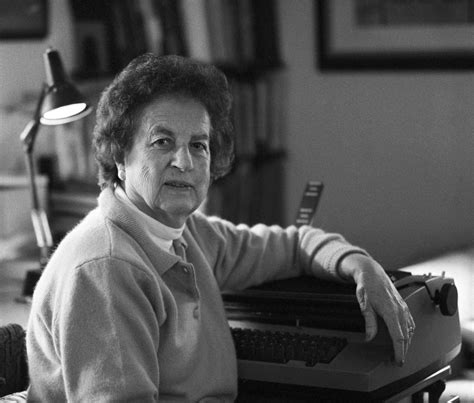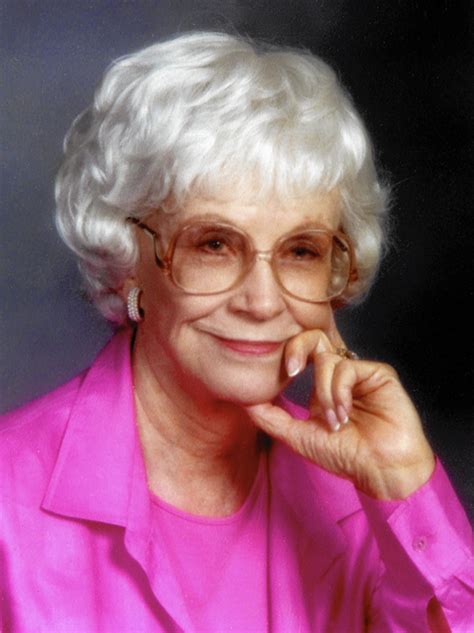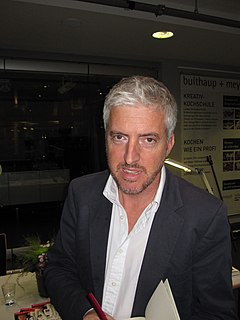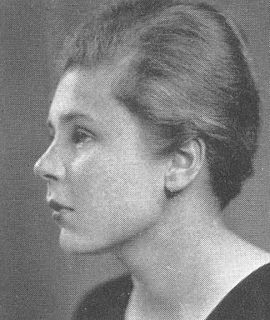A Quote by Jodie Foster
When I was growing up, books took me away from my life to a solitary place that didn't feel lonely. They celebrated the outcasts, people who sat on the margins of society contemplating their interiors. . . Books were my cure for a romanticized unhappiness, for the anxiety of impending adulthood. They were all mine, private islands with secret passwords only the worthy could utter.
Related Quotes
When I lived in China, there were no libraries. My mother bought books for me, and they were mostly the classics. I read 'Peter Pan,' 'The Secret Garden,' the 'Rosemary' books, and Kipling's 'Just So' Stories was one of my favorites. No, I didn't read historical fiction. It didn't exist where I was growing up in China.
Sometimes, though, I feel that pushing books is a whole lot like pushing medicine. Think of books as pills. I have pills that cure ignorance and pills that cure boredom. I have pills to elevate moods and pills to open people's eyes to the awful truth: uppers and downers as they were. I sell pills to help people find themselves and pills to help them lose themselves when they require escape from the pressures and anxieties of life in a complex society.
The other reason I didn't want to fictionalize it is because one of the main points of publishing a memoir in nonfiction was that I wanted to write about what had been a very lonely experience. The books that most saved my life as a kid were the ones that articulated lonely experiences that I had thought were mine alone.
But what struck me was the book-madness of the place--books lay scattered across the unmade bed and the top of a battered-looking desk, books stood in knee-high piles on the floor, books were crammed sideways and right side up in a narrow bookcase that rose higher than my head and leaned dangerously from the wall, books sat in stacks on top of a dingy dresser. The closet door was propped open by a pile of books, and from beneath the bed a book stuck out beside the toe of a maroon slipper.
I liked myths. They weren't adult stories and they weren't children stories. They were better than that. They just were. Adult stories never made sense, and they were slow to start. They made me feel like there were secrets, Masonic, mythic secrets, to adulthood. Why didn't adults want to read about Narnia, about secret islands and smugglers and dangerous fairies?
Books were the window from which I looked out of a rather meager and decidedly narrow room onto a rich and wonderful universe. I loved the look and feel of books, even the smell... Libraries were treasure houses. I always entered them with a slight thrill of disbelief that all their endless riches were mine for the borrowing.
You could tell from the books whether a library was meant for show or not. Books that were used had an open, interested feel to them, even if closed and neatly lined up on a shelf in strict order with their fellows. You felt as though the book took as much interest in you as you did in it and was willing to help when you reached for it.
Dreams were the worst. Of course I dreamed of food and love, but they were pleasant rather than otherwise. But then I'd dream of things like slitting a baby's throat, mistaking it for a baby goat. I'd have nightmares of other islands stretching away from mine, infinities of islands, islands spawning islands, like frogs' eggs turning into polliwogs of islands, knowing that I had to live on each and every one, eventually, for ages, registering their flora, their fauna, their geography.
I was raised in Harlem. I never found a book that took place in Harlem. I never had a church like mine in a book. I never had people like the people I knew. People who could not find their lives in books and celebrated felt bad about themselves. I needed to write to include the lives of these young people.


































